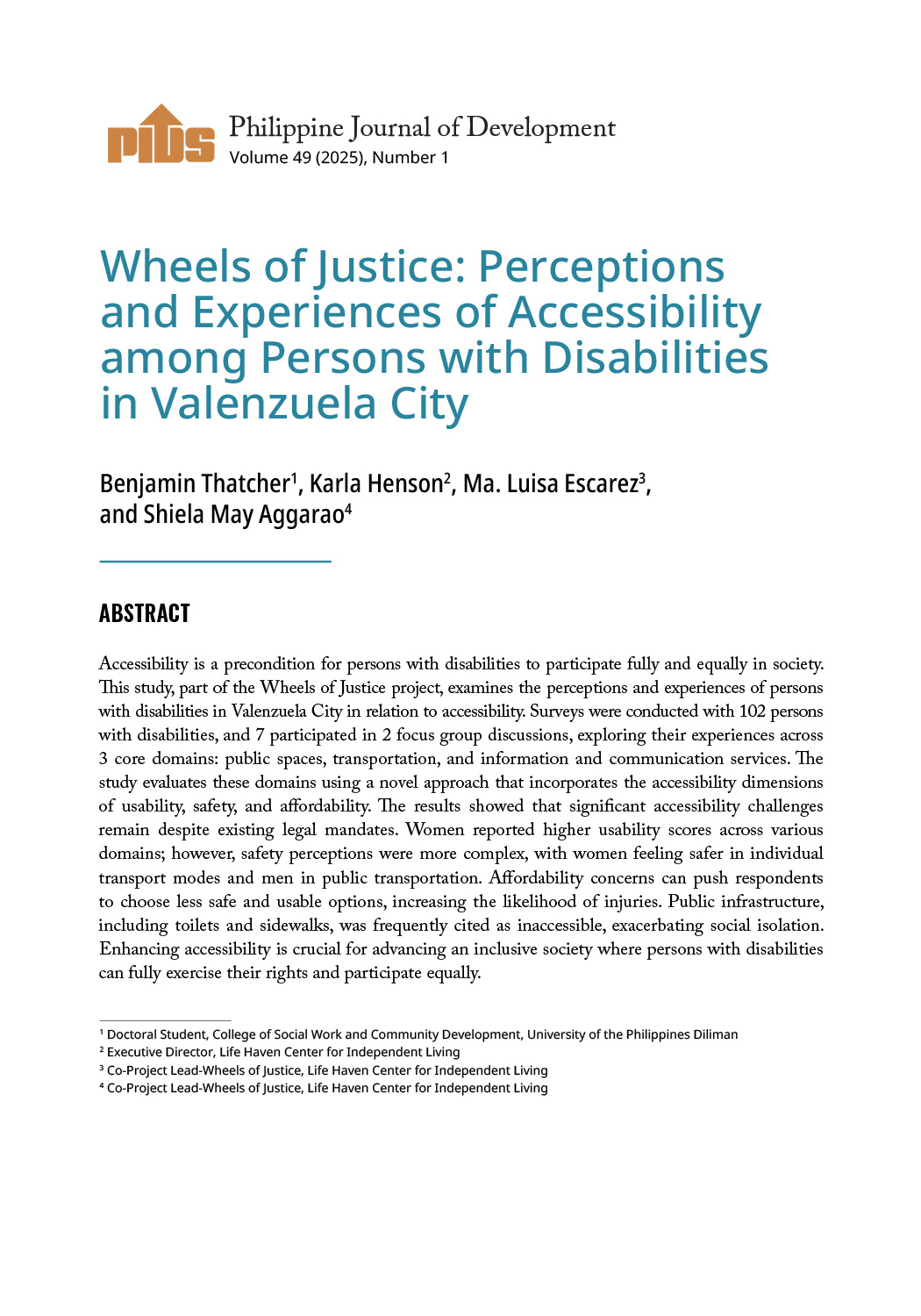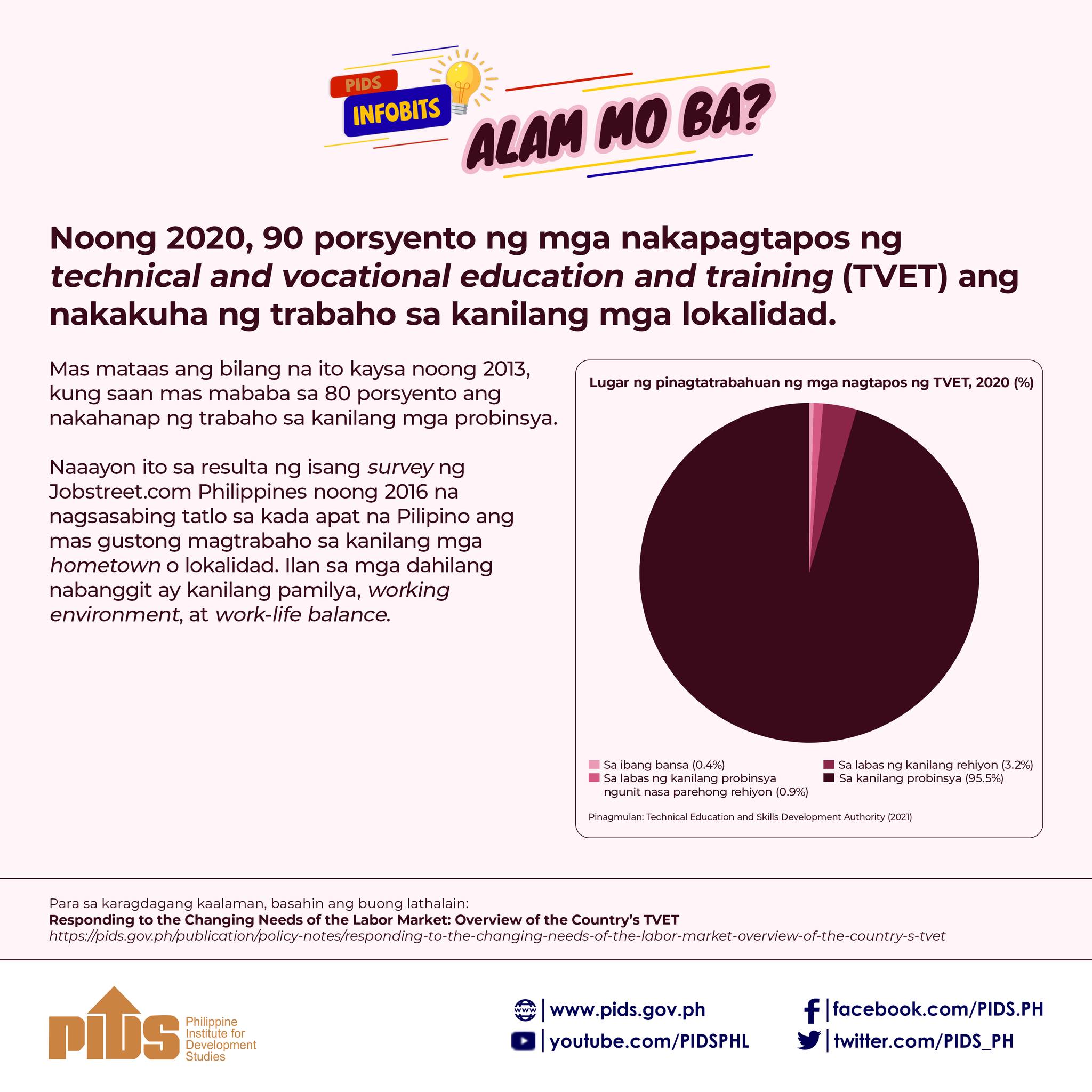While we understand the need to prioritize local employment amid fears brought about by the influx of foreign workers in the construction sector, liberalizing the construction industry is not entirely a bad idea.
Currently, the law allows foreign contractors to participate in Philippine construction projects, even up to 100 percent, but only for those with equity of P1 billion, or those introducing new/proprietary technology. The Department of Trade and Industry, which oversees the Philippine Contractors Accreditation Board, is reviewing the regulations to allow medium-sized foreign contractors to take part in the country’s construction industry.
This could be a good move, particularly for its potential to cut construction costs and as a deterrent against corruption.
According to a study by the Philippine Institute of Development Studies, if the Philippines were to open its procurement market to foreign players the government can save about P76 billion a year for various construction projects.
In the paper authored by University of the Philippines professor Ramon L. Clarete and UP School of Economics student Gerald Gracius Y. Pascua, the authors said allowing more foreign firms in the construction industry could lead to a cost reduction of at least 10 percent per year.
The authors noted that the lack of competition in road infrastructure procurement, for instance, had made it vulnerable to corruption. “The cost of collusion and cartels in the road sector is large and ranges from 8 percent to 60 percent of the total road cost.”
“To accommodate the bribes, contractors resort to the use of substandard materials in road projects, thus resulting in higher maintenance costs due to poor road conditions and traffic-flow congestion. Allegations of collusion and corruption have been found in 25 percent of World Bank-assisted road projects,” the authors noted.
Data obtained by the authors from the Philippine Government Electronic Procurement System showed that most bidders for local projects are Filipino companies.
However, opening up the construction sector to foreign competition might not only be good for public infrastructure but for the private sector as well.
We are all too familiar with crooked contractors who connive with corrupt government officials to inflate the cost of public works projects so they can line their pockets and get huge kickbacks. But there are also plenty of crooked contractors who swindle homeowners and other customers by doing substandard and overpriced work, or by disappearing altogether and not doing anything. And their hapless victims often have very little recourse.
This is a common problem in the Philippines. We have so many laws and so many lawyers. But laws are just words on paper if not enforced. Swindlers, thieves and cheats in this country know this all too well. They are emboldened by the slow justice system and the poor implementation of laws and they take advantage of this.
Sure, construction customers can sue for breach of contract but it is no guarantee they can get their money back. Many contractors would not refund the money they collected. Others would just say “catch us if you can”—knowing all too well that the poor hapless customers would spend more money on lawyers’ fees in a case that could easily be tied up in the courts for years. Most of the victims are ordinary workers and OFWs who can hardly afford a long litigation.
This is why crooked and corrupt contractors are legion in this country; why every kind of scam and rip-off proliferate; and why con artists have perfected their game. The honest and innocent are left helpless because government agencies and the industry itself often fail to protect them against the bad guys.
There are many opportunities to steal and cheat in the construction industry, and corruption is so endemic that it has eroded the people’s confidence in an industry that also has many honest and decent practitioners.
So, sure, let the government open up the construction industry to honest and more efficient builders, regardless of race or color. The competition would surely benefit both public and private infrastructure projects and help protect people by driving crooked contractors out of business.












